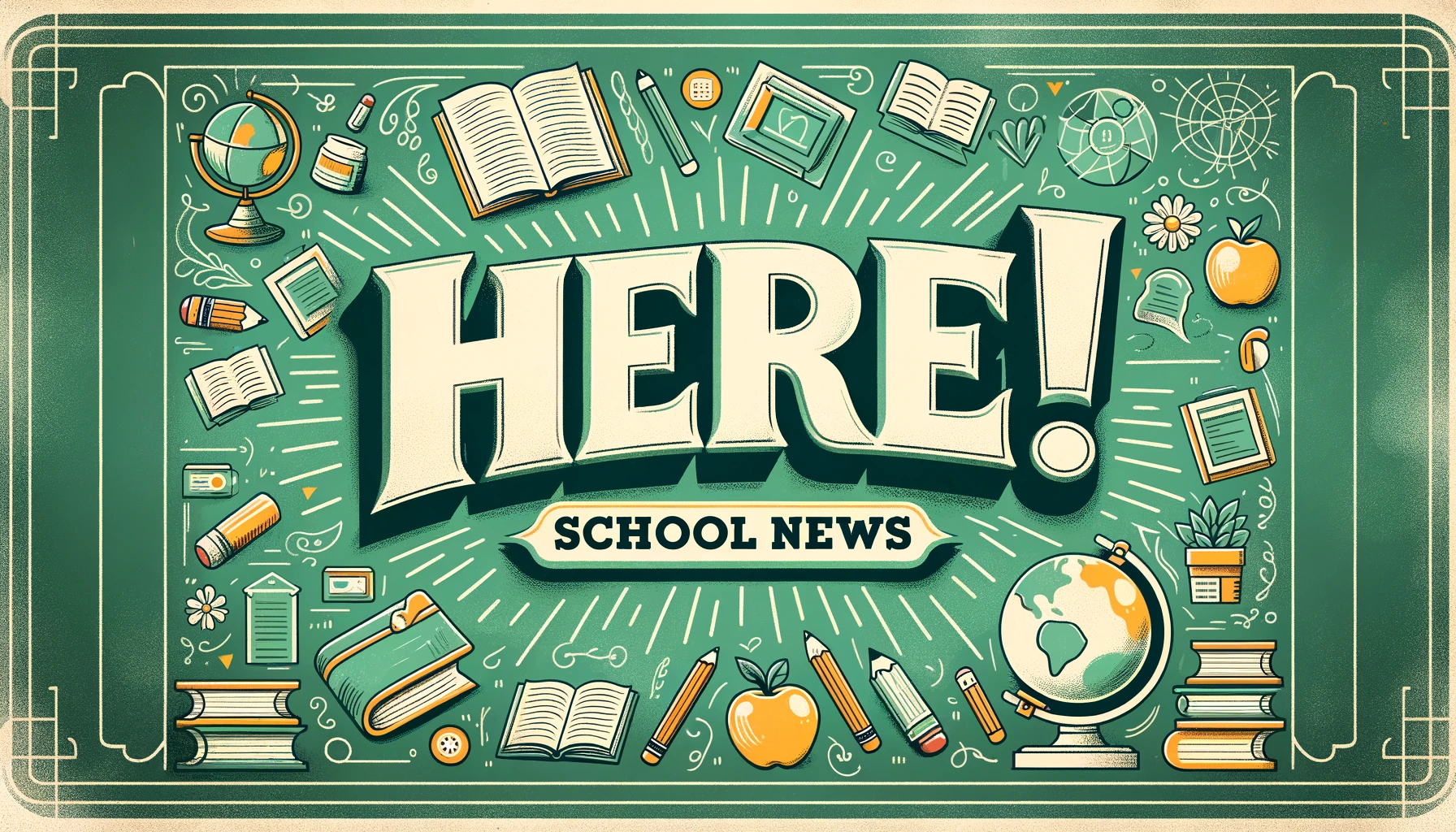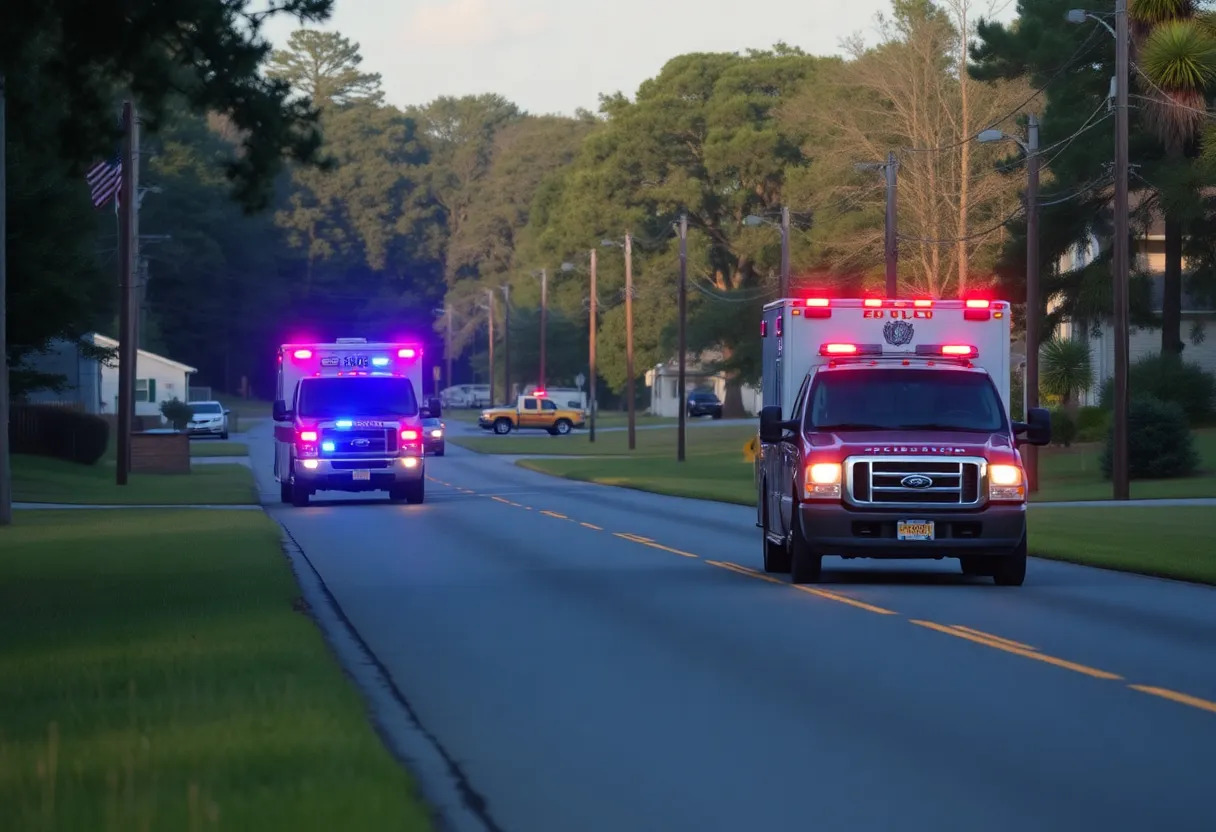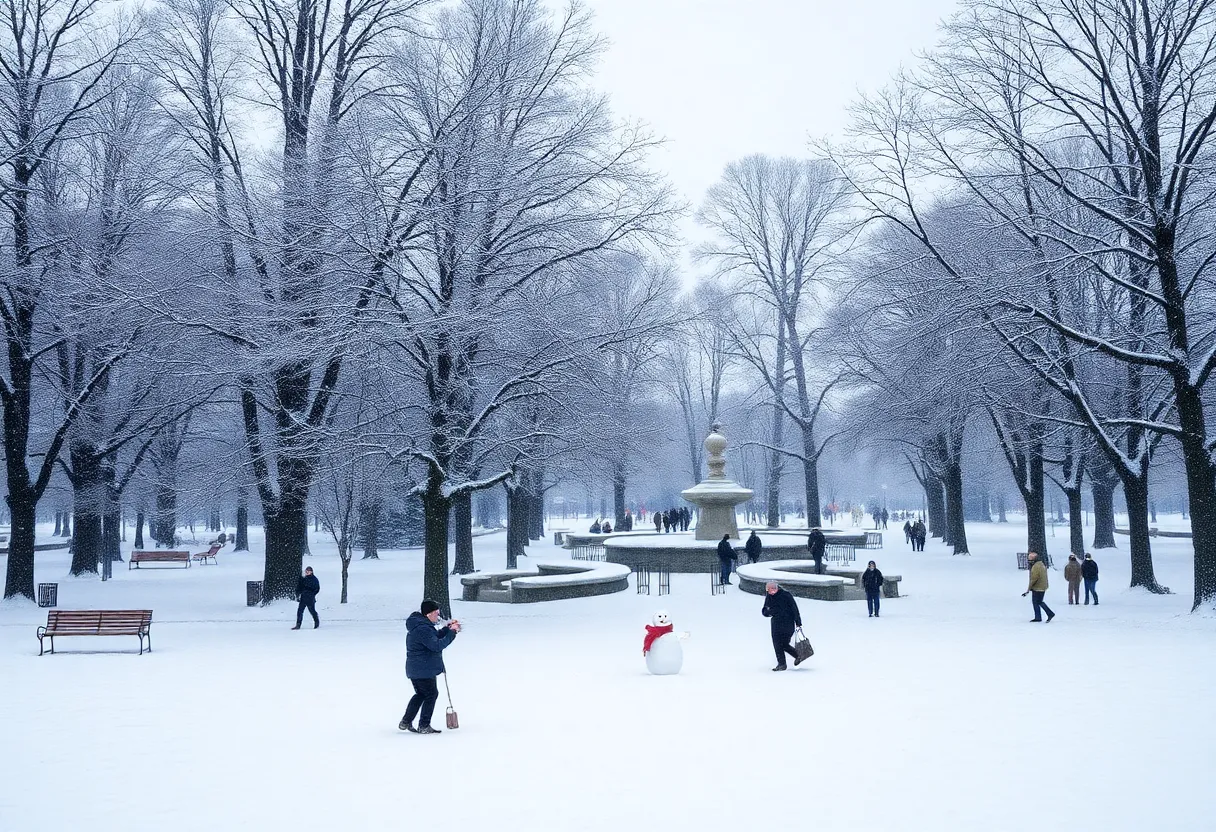Traditional Charter Schools Grow in South Carolina Post-COVID, CRT Fights
Columbia, S.C. – American Leadership Academy Lexington Emerges as Leading Traditional Charter School
Traditional charter schools are experiencing a significant surge in popularity in South Carolina, as families seek alternatives to traditional public education systems. One such school, the American Leadership Academy Lexington, opened to considerable fanfare in August and quickly became the largest brick-and-mortar charter school in the state. The rise of the national parental rights movement has contributed to a growing discontent with classroom lessons and COVID-19 restrictions, prompting families to explore non-traditional educational options.
A Shift Towards Traditional Values
Charter schools like the American Leadership Academy Lexington emphasize a curriculum that is knowledge-based, focusing on hard facts rather than skills. In addition, these schools prioritize morality, discipline, and so-called Western values, offering a more traditional classroom environment where decorum, respect, and discipline are upheld. With limited use of technology and a pro-American approach that highlights Western history and philosophy, these schools are attracting families seeking a more structured and conservative educational setting.
The Charter School Landscape in South Carolina
In South Carolina, charter schools must enter into a charter with an authorizing agency, such as local school boards or the statewide Public Charter School District. These privately-operated, taxpayer-funded schools offer alternatives to traditional neighborhood public schools, with a focus on innovation and specialized educational themes. The Charter Institute at Erskine has been a key player in the growth of traditional charter schools in the state, sponsoring 28 schools that enroll over 25,000 students.
Controversy and Concerns
Political Backlash and Partisan Divide
The rapid growth of traditional charter schools has raised concerns among public education advocates, who warn of potential political polarization and increased school segregation. While proponents of traditional schools argue for a return to core American values and a focus on academic excellence, critics caution against the influence of far-right ideology and the potential for these schools to become echo chambers for conservative viewpoints.
Educational Choices and Public Confidence
The shift towards traditional charter schools reflects a broader decline in public confidence in traditional public education, particularly among Republicans. Amidst the culture war surrounding issues of race, gender, and social justice, public schools have become a focal point of political debate. As families seek alternative educational options, the landscape of public education in South Carolina is undergoing significant transformation.
A Path Forward
Balancing Tradition and Innovation
While traditional charter schools offer an alternative for families dissatisfied with the current state of public education, there is a need to balance tradition with progress. Public schools play a vital role in shaping a shared American identity and should strive to be inclusive and welcoming to individuals of all backgrounds and beliefs. As the educational landscape continues to evolve, it is essential to consider how different educational models can coexist to meet the diverse needs of students and families.
Overall, the growth of traditional charter schools in South Carolina reflects a broader national trend towards alternative educational options and a reevaluation of traditional teaching methods and values.








